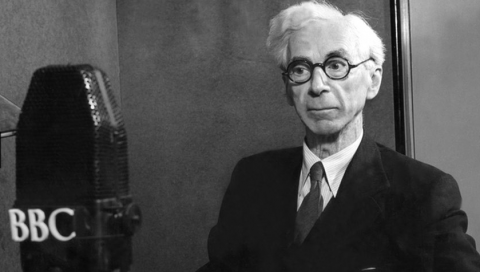Almost 35 years ago, sometime in the late 70s, the filmmakers Errol Morris and Werner Herzog made a bet. Correction: At the time, Herzog was a filmmaker, and already a star, but Errol Morris was just a guy obsessed with the idea of making a film about a pet cemetery. ‘I don’t believe you have the guts,’ Herzog told Morris. ‘But if you do, I’ll eat my shoe.’
Morris rolled up his sleeves and got to work. The result is his stunning debut, Gates of Heaven (1978). In response, Herzog rolled up his sleeves, and got to work as well — in the kitchen, where he and uber-chef Alice Waters tried their mightiest to concoct a decent recipe for leather footwear.
Just to complete the documentarian trifecta, the 20-minute short film, Werner Herzog Eats his Shoe (1980), was directed by the great Berkeley filmmaker, Les Blanc. You can watch a shortened version above, or the full version here. The film is also now added to our big collection of Free Movies Online.
Related Content:
Errol Morris and Werner Herzog in Conversation
Werner Herzog and Cormac McCarthy Talk Science and Culture
Sheerly Avni is a San Francisco-based arts and culture writer. Her work has appeared in Salon, LA Weekly, Mother Jones, and many other publications. You can follow her on twitter at @sheerly.


